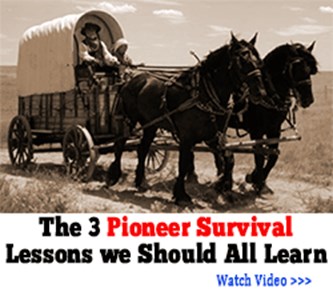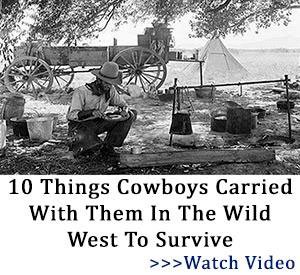We naturally feel compassion for those who suffer from pain, illness, poverty, natural disasters, or political repression and we are drawn to seeking ways to help, such as donating money or even our blood. But our ability to help will be limited by the amount of our self-inflicted suffering. What is the source of this unnecessary suffering?


Think for a moment about the last time you were in need of some moral support. Where did you turn to? Probably not to someone who you knew was also having a hard time in that moment, someone who was equally, if not more, stressed. We turn to those who are capable in that moment of picking up the slack, those who are not enduring to the same degree or at least not in the same way as we are.





